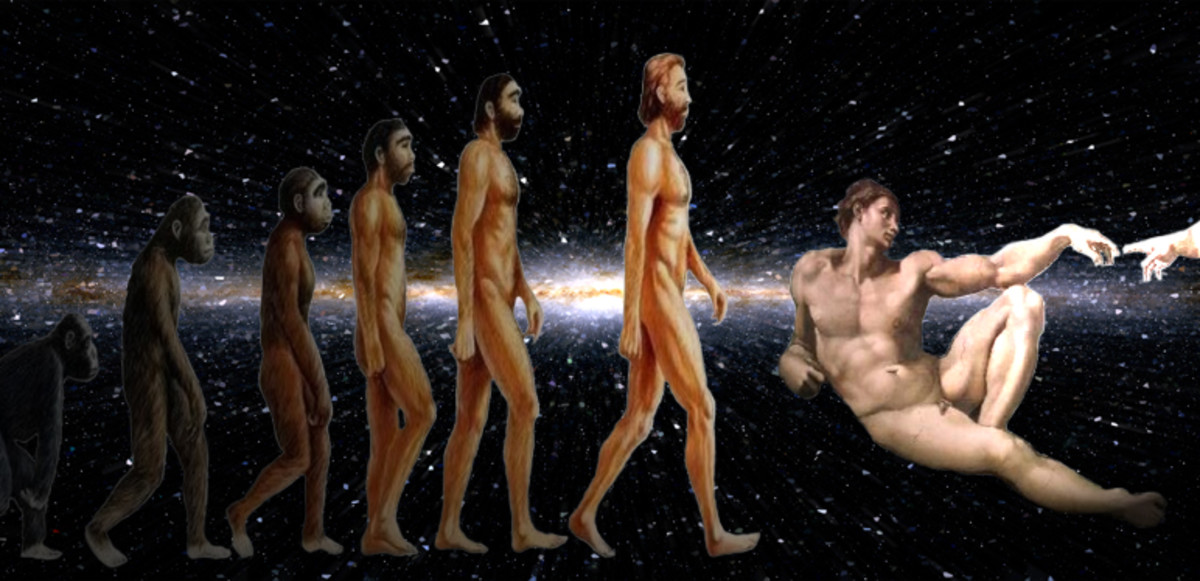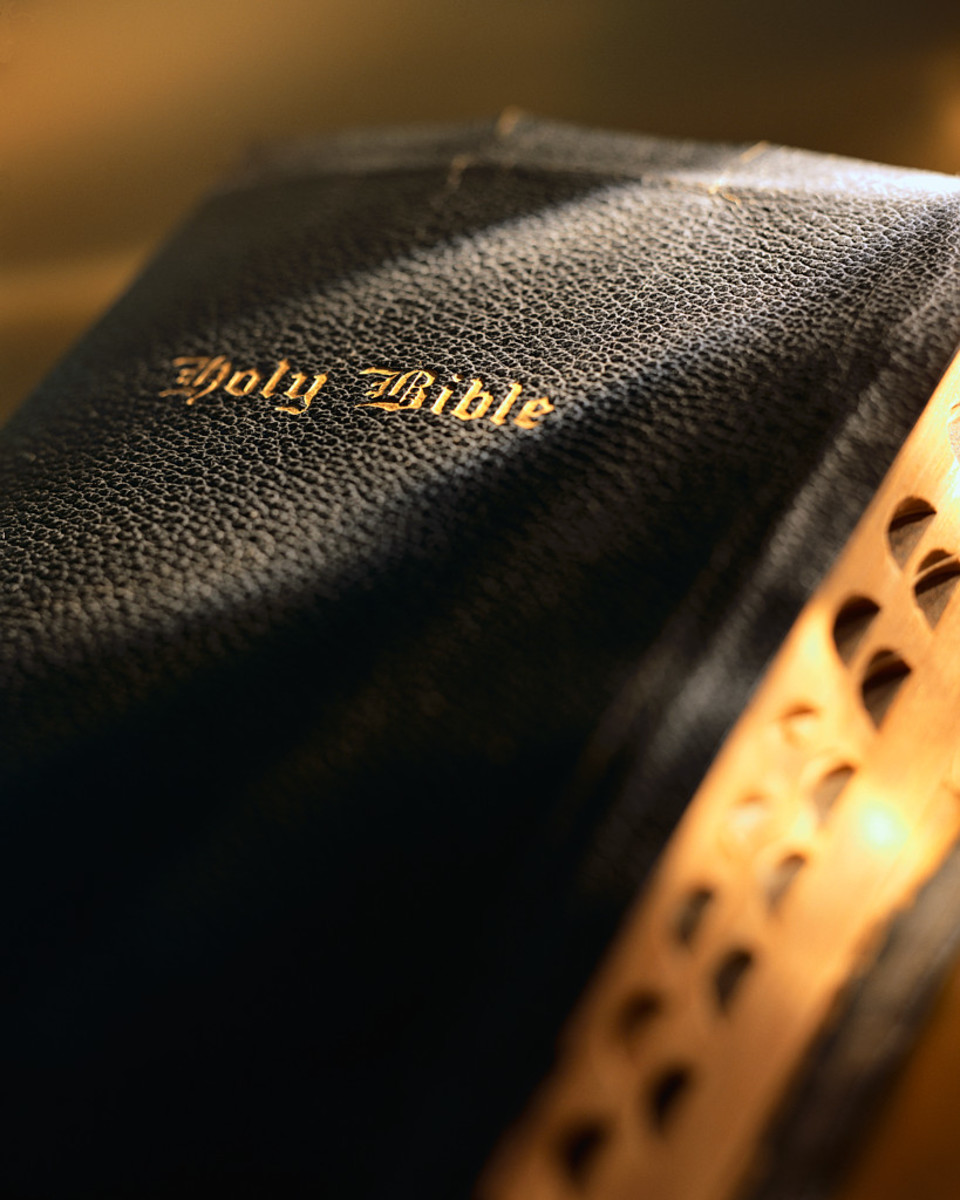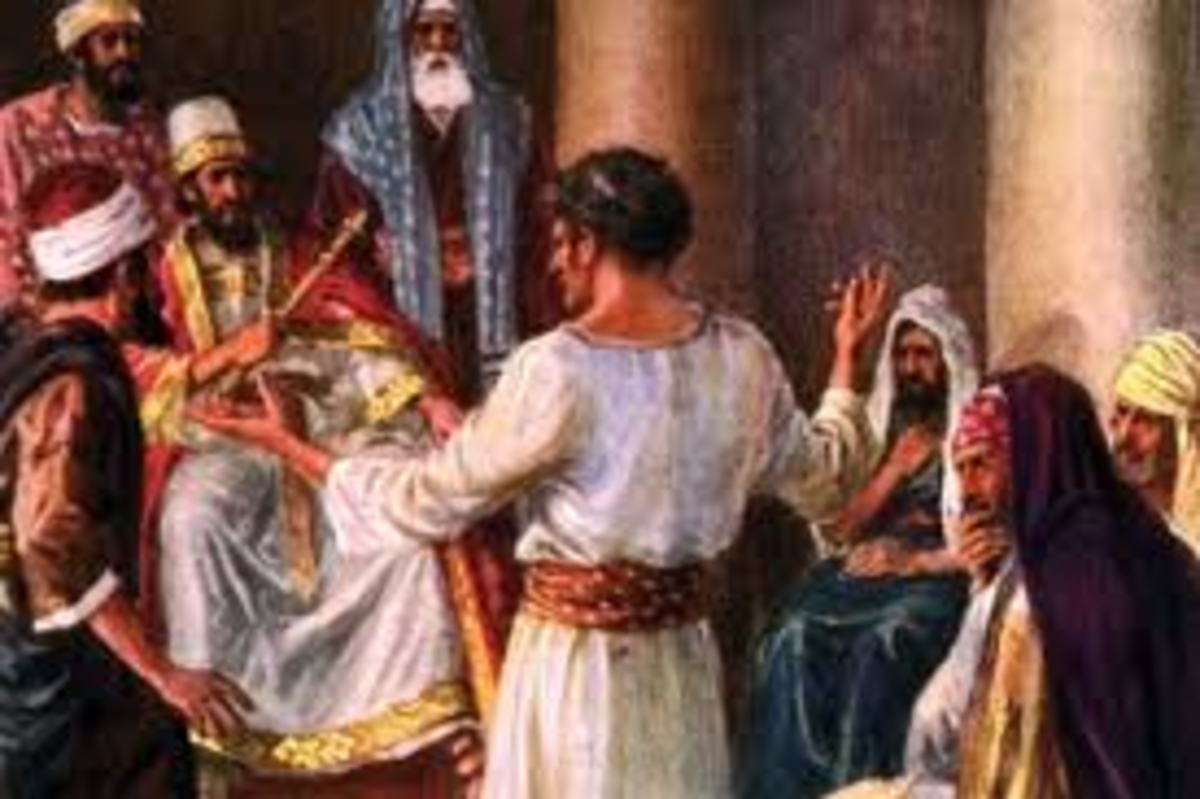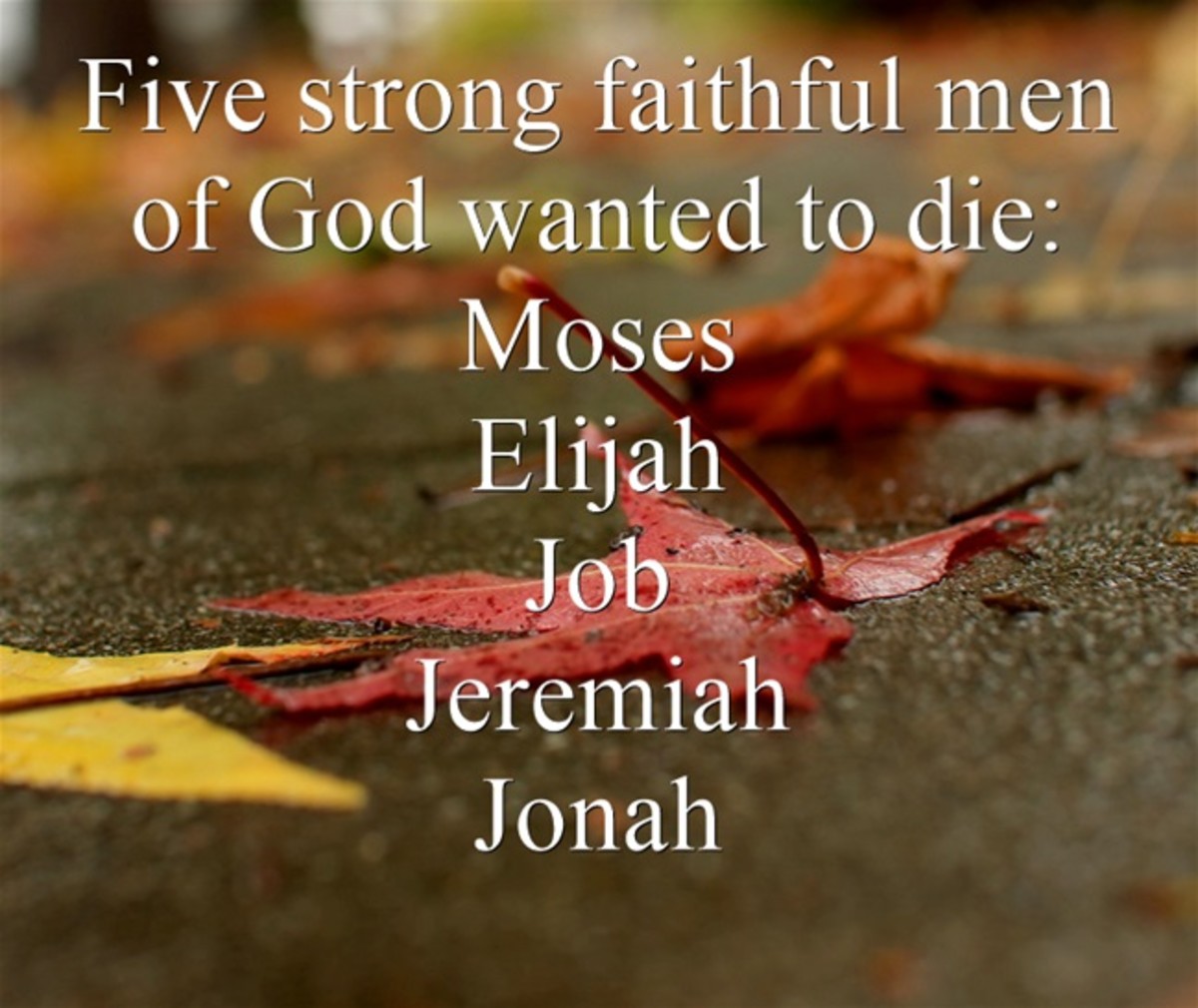Bible: What Genesis 13-15 Teach Us About Abram, Lot, Melchizedek, and the Abrahamic Covenant
Abram and Lot
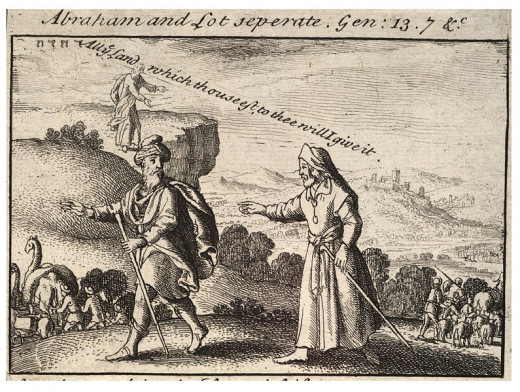
Site of Relocation
view quiz statisticsAbram and Lot Separate
Wealthy Abram, Sarai, and Lot leave Egypt, travel north to the "South" (Negev), and finally return to their original site between Bethel and Ai where they had pitched a tent and built an altar (vv. 1-4; cf. 12:8).
Strife now erupts between Lot’s and Abram’s herdsmen because the chosen location is too small for them to dwell together with all their beasts and tents (vv. 5-7).
Note the repetitions: “Lot went with Abram” (13:5); “Lot with him” (13:1); “Lot went with him” (12:4); “the Canaanites and Perizzites then dwelt in the land”; “the Canaanites were then in the land” (13:7; cf. 12:6).
To quell the dispute, Abram determines that they must separate from one another; he, therefore, offers Lot his choice: “If you go left, I’ll go right” (vv. 8-9).
Having no compunction about choosing the best-looking land for himself, Lot selects the plain of Jordan and leaves the land of Canaan for his uncle (vv. 10-12a). Lot ends up pitching his tent as far as the wicked city of Sodom (vv. 12b-13).
Abram was content with what he received; he was more concerned about restoring peace among his family members than about increasing his material wealth. With Lot gone, the LORD appears to Abram and announces that He is giving him the whole Land in all four directions (vv. 14-15). In addition, He promises to bless Abram with innumerable descendants to fill that Land (v. 16). At the LORD’s behest, Abram relocates again, this time by the terebinth trees of Mamre in Hebron where he erects still another altar to the LORD (vv. 17-18; cf. 12:6).
Lot's "Hometown"
view quiz statisticsAbram Saves Lot and Meets Melchizedek
Genesis 14
Four eastern kings (Elam is Persia; Shinar is near Babylon) square off against five western kings (Zoar is a short distance south of the Salt Sea) in a valley full of asphalt pits (the Salt Sea) [vv. 1-2, 8-9, 10]. In verses eight and nine, Moses does not provide the names of the western kings, and he mentions the eastern kings in a different order. For a dozen years, Persia had forcibly ruled the western lands; in the thirteenth year, the latter nations finally rebel (v. 4). A year later, and before going to war against the West, Persia attacks the giants in the land as well as Amalekites and Amorites (vv. 5-7; cf. Deut. 2:10, 20).The Persians defeat Sodom and Gomorrah, confiscate much booty, and take Lot captive (vv. 10-12).
The famous “lone escapee” informs Abram “the Hebrew” of the capture of his “brother” Lot (vv. 13-14a; cf. Job 1:16-17, 19; 2 Sam 1:3). After assembling his three hundred eighteen servants, Abram pursues Lot’s captors as far as Dan; attacking them at night, he reclaims from the Persian kings all that was stolen (vv. 14b-16). Mamre dwelt in Hebron, a very long distance from Dan (the northernmost part of Israel). Abram split up his forces, and his “army” chased these kings to Hobah, “on the left hand” of Damascus, Syria. Bera, the king of Sodom, visits Abram at the King’s Valley after the victor returns from battle (v. 17). Bera’s part in this account resumes after Abram meets Melchizedek (vv. 18-20) [See 14:21-24].
Melchizedek
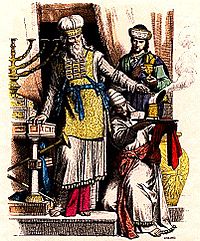
The King of Righteousness
At this point Melchizedek (“king of righteousness”), the king of Salem (shalom) [the Hebrew term shalom means “peace”] and priest of God Most High, brings out bread and wine to Abram, and blesses both him and God Most High for defeating the foes (vv. 18-20a). Abram, in turn, gives this king a tenth part of the spoil (v. 20b).
The king of Sodom desires only the retrieval of his people, but Abram returns to him all the goods that Chedorlaomer had taken from him as well, except for small portions he allows his compatriots to have (vv. 21-24; cf. 14:13). Abram had sworn before the LORD that he would claim no payment for his deeds, thus asserting his independence from every other source of wealth except his God (v. 23).
Yahweh Saves and Blesses Abram
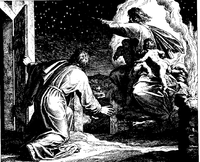
The Abrahamic Covenant Ritual
Genesis 15
Yahweh answers Abram’s faithfulness to Him in a vision, calling Himself Abram’s “shield” and “exceedingly great reward” (v. 1; cf. 14:23). The patriarch fails to see what God can give him that would benefit him as an old man without a real heir (vv. 2-3). In response, the LORD asks Abram to trust Him to do a physiological miracle in his body (v. 4). Not only will God enable Abram to beget a son, but (seeking to stretch his faith) He also promises him that his descendants will rival the stars in number (v. 5). The moment of Abram’s justification and regeneration comes with his belief in that promise (v. 6; cf. Rom. 4:2, 3, 19-22). Having established a personal relationship with Abram, Yahweh reintroduces Himself to His servant as the One who will give him the Land (v. 7). Even after God designates Himself as Yahweh Elohim, Abram does not address Him as such; he still calls Him Adonai Elohim (v. 8a; cf. v. 2).
The Smoking Oven and the Burning Torch
view quiz statisticsUnconditional Covenant
Abram’s questions about this inheritance yet remain (v. 8b). To prove to Abram that the land will belong to his descendants, the LORD initiates a covenant ritual involving the sacrifice of various animals that He asks Abram to bring to Him (vv. 9-11; cf. Jer. 34:18-19).
With the night, a deep sleep, horror and great darkness all falling on the old man at the same time, Yahweh foretells not only the four hundred-year servitude of Abram’s descendants in a foreign land, but also their redemption from and enrichment through the divine judgment of that host nation (vv. 12-14). [See Nolen Jones' Chronology of the Old Testament for an explanation for how long “they” [the Egyptians] actually ruled Abram’s seed (59)]. He also informs Abram that he will die before that time, of course, but his descendants will return to the Land to judge the Amorites (vv. 15-16; cf. Heb. 11:13). As Abram sleeps, Yahweh alone passes through the midst of the animal carcasses, appearing as a smoking oven and a burning torch (v. 17).
The Land—extending from the Nile to the Euphrates—now belongs to Abram by divine grant (vv. 18-21). The fact that the LORD made this covenant with Abram unilaterally—that is to say, without the patriarch’s conscious involvement—shows the certainty of its fulfillment. In other words, God unconditionally guarantees that the Abrahamic Covenant will see ultimate fulfillment.
© 2013 glynch1

